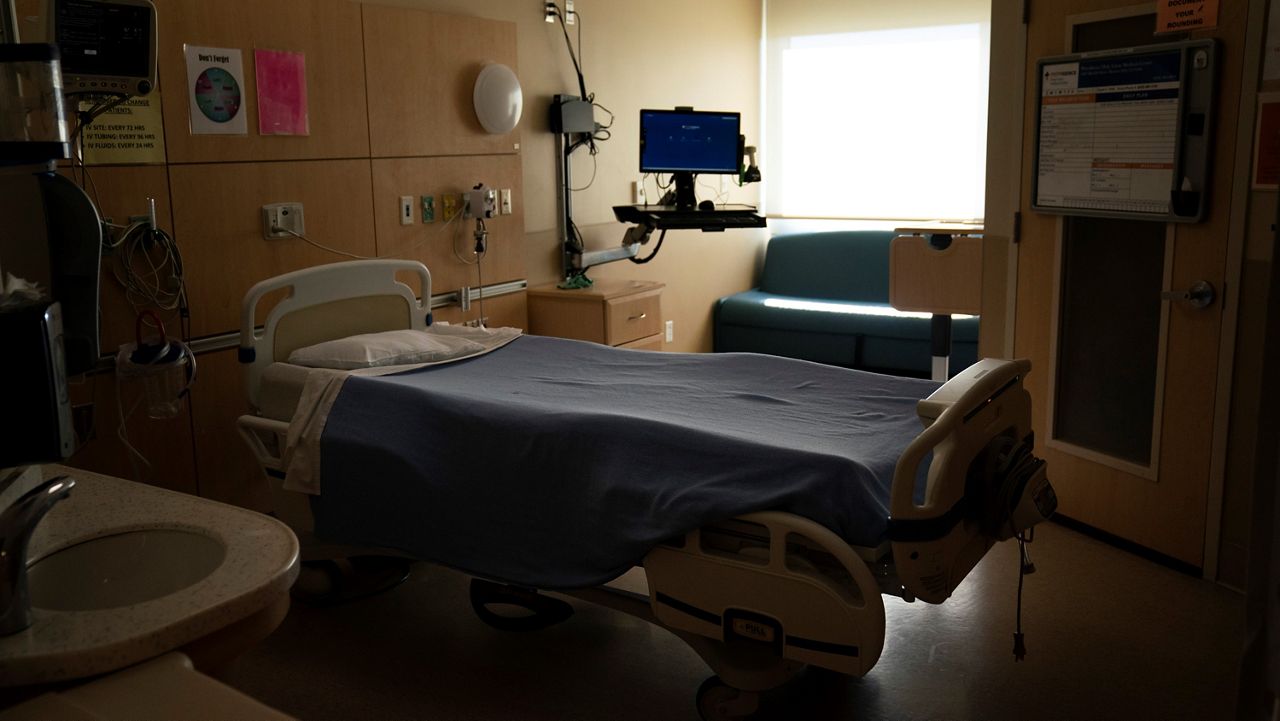CLEVELAND — Recent research by the Cleveland Clinic shows there's a difference in tumor-related bacteria associated with young-onset colorectal cancer, and the findings could potentially lead to new screenings and treatments.
The study, published in eBioMedicine, used gene sequencing technology that compared tissue samples of 136 young-onset colorectal cancer patients with 140 average-age patients with the same disease. Researchers said they identified unique tumor-related bacteria in the younger group and also found they were more like to have left-side, rectal and advanced-stage tumors, according to the Cleveland Clinic.
“The unexplained rise of young-onset colorectal cancer is of great concern,” said Dr. Alok Khorana, Cleveland Clinic oncologist and primary investigator of the study. “Our team discovered that bacteria were more abundant and compositionally distinct in tumors from young-onset patients. These insights help us to better understand the disease causes and inform new prevention approaches, diagnostic markers, and therapeutic targets.”
The American Cancer Society states young-onset colorectal cancer incidence has increased by 1.5% each year, and mortality has also increased my 1.2% each year. Journal of the National Cancer Institute report estimates the incidence of rectal cancer would quadruple and colon cancer would double in this age ground by 2030, should the trends continue.
“By detailing this microbial signature of young-onset disease, we can look toward new screening biomarkers and drugs targeting related bacteria,” said Dr. Shimoli Barot of the Cleveland Clinic Institude and an author on the study.
Dr. Naseer Sangwan, another author on the study, said that further research will be needed, such as of lifestyle factors and how they could contribute to the disease and impact gut bacteria.



